Bones prepares for first Ryder Cup in 25 years without being in U.S. team room
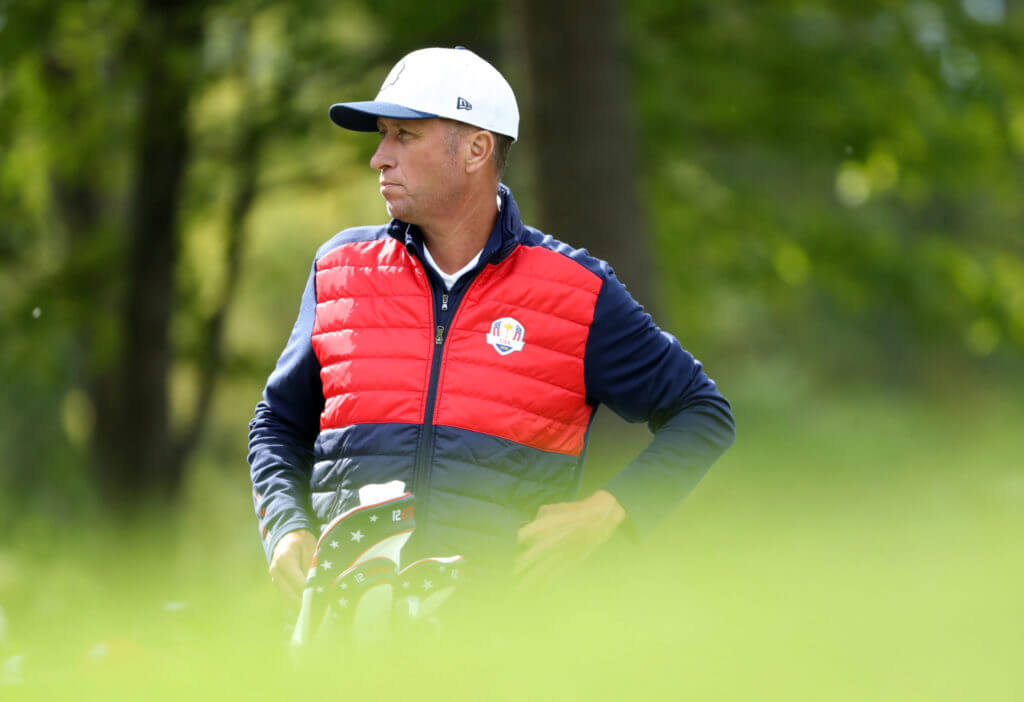
Mackay, who started caddying for Phil Mickelson the previous year, paid his way to The Belfry in England because he wanted to get his first taste of the intensifying international competition. His role was to be a gopher – whatever U.S. captain Tom Watson needed.
Mackay was in the team room when Friday morning’s foursomes matches were delayed because of fog. Both teams had been told play would start as soon as the fog lifted because they already had an opportunity to warm up. The American players’ bags were lined up against a wall as they sat around, anxious.
Fred Couples, who dubbed Mackay “Bones” because he couldn’t remember his name – the sobriquet forever stuck with the lanky 6-foot-4 Mackay – started fiddling with Davis Love III’s clubs. Love and Tom Kite were playing in the first match. Couples grabbed Love’s 8-iron, took a mild swing and watched in horror as the clubhead went bouncing down the floor.
RELATED: For Tesori, his gig as a caddie is a labor of love | Fluff’s Cypress Point story
Within seconds, a Ryder Cup official opens the door and says, “Mr. Kite and Mr. Love, you’re on the tee in five minutes.”
Uh-oh.
“Davis hands me the club and the head,” Mackay said, “and he yells ‘Fix it!’”
There were no equipment trailers nearby at these Ryder Cups, mind you. Mackay went racing around the course, through the crowds, before he found an old man with a wagon on the outskirts of the course who was able to put the 8-iron back together. Mackay handed it to Love halfway through the front nine.
Welcome to the Ryder Cup, rookie.
Two days later, Love is playing the 18th hole against Costantino Rocca, the Ryder Cup very much up in the air. Love hits his approach to 6 feet and two-putted to clinch the Americans’ 15-13 victory.
Amid the celebration, Love grabs Mackay and screams, “That was your 8-iron!”
“One of the greatest moments of my life,” Bones said.
Mackay’s first Ryder Cup also was the U.S.’s last win on foreign soil. Twenty-five years ago.
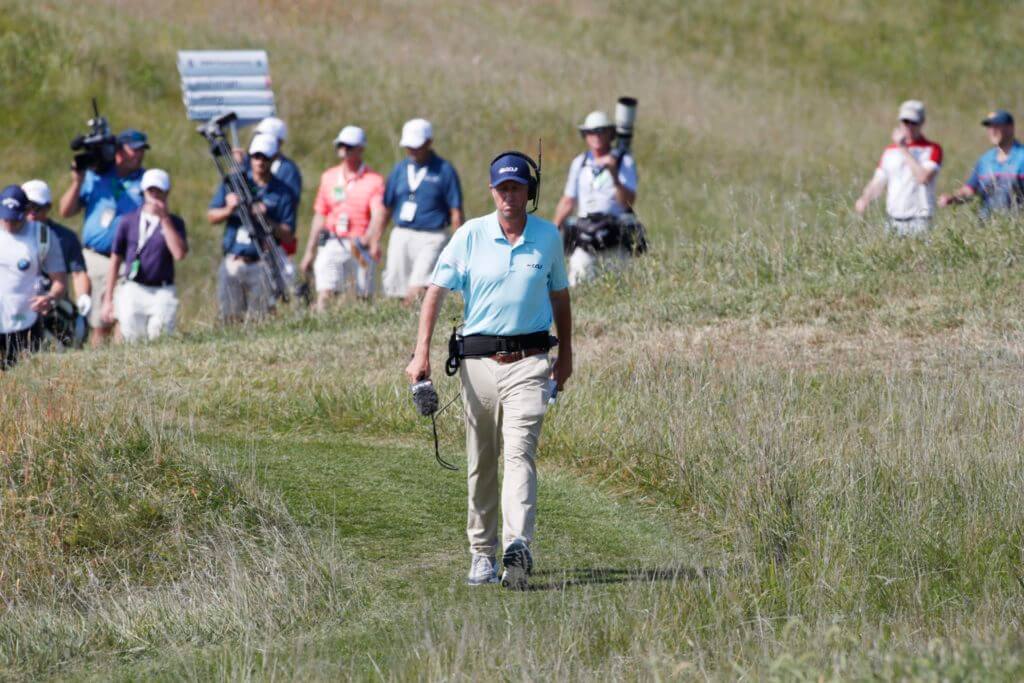
Mackay will be at this week’s Ryder Cup in Paris, but for the first time in a quarter-century he won’t be in the U.S. team room.
He caddied for Mickelson in the last 11 Ryder Cups – giving Bones the distinction as the longest-running streak among the U.S. loopers – but Mickelson and Mackay parted ways last summer. Bones will be working the Ryder Cup as an on-course announcer for NBC, a job he’s held for 14 months.
During a recent interview from his home in Scottsdale, Ariz., Bones made it clear he wouldn’t enter the sanctity of the U.S. team room.
“If I was asked,” he said, “I would politely decline.”
Why?
READ: From Tour player to revered caddie — the story of ‘Last Call Lance’
“That’s not my place,” he said. “Doing what I do now (for NBC), I would never cross that line. I love the guys in that room, but that’s not where I should be in that moment. I’ll be hanging out elsewhere.”
There’s not a drop of bitterness in his voice. No remorse, no regrets. Not after what he’s been privy to these last 12 Ryder Cups.
“The last thing I need to be is bummed out to miss a Ryder Cup,” Bones said. “I’ve got great friends who have never done one. I wish everyone who has ever caddied would get a chance to be in at least one Ryder Cup.
“It’s the greatest sporting even I have ever seen. For me, the Ryder Cup is among my three favorite tournaments, along with the Masters and the Open Championship. The fact that those 12 guys go out there and play for nothing other than playing for each other, their country and the (PGA) Tour is something to behold.”
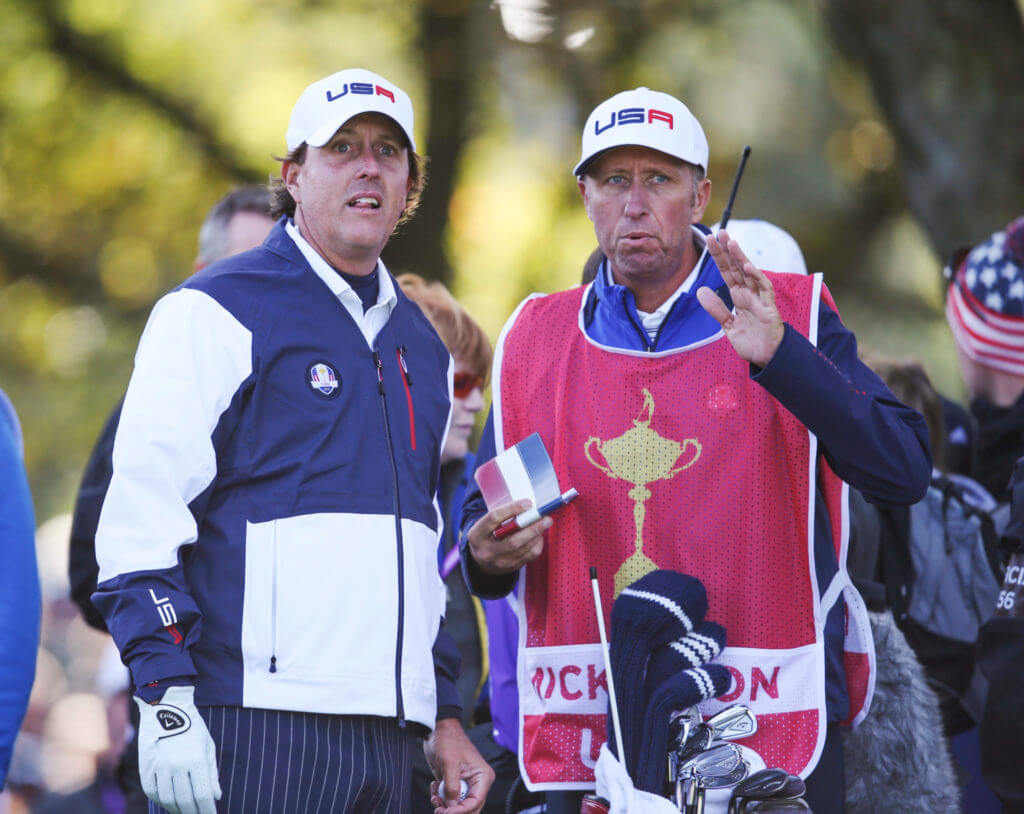
Mackay was born in England and his family moved to New Smyrna Beach when he was 7. He played golf for Columbus College in Georgia and got his first caddying job on tour with Georgia native Larry Mize. They worked together in 1990-91.
Mackay was part of the caddie rotation used by Curtis Strange in 1991-92 before leaving to caddie for Scott Simpson full-time.
“When we first started working together, I remember Scott saying that if I ever got an offer from a better player, he expected me to take it,” Mackay said. “I thought that was an odd thing for him to say.”
CADDIE STORIES: From Dubai to South America and, eventually, to the PGA Tour
Mackay soon understood why. Two months later, Mickelson offered him the job. Mackay had been approached by Mickelson’s former coach, Steve Loy, to help find a caddie for the star amateur.
“I met with Phil and he said, ‘Why don’t you take the job?’” Mackay said.
Incredibly, some questioned why Mackay would leave a proven veteran like Simpson to take the bag of a rookie. Mackay had his reasons, including, “Which one of these guys would have a better chance at making a Ryder Cup?”
Even then, that’s how much the biennial competition meant to Bones.
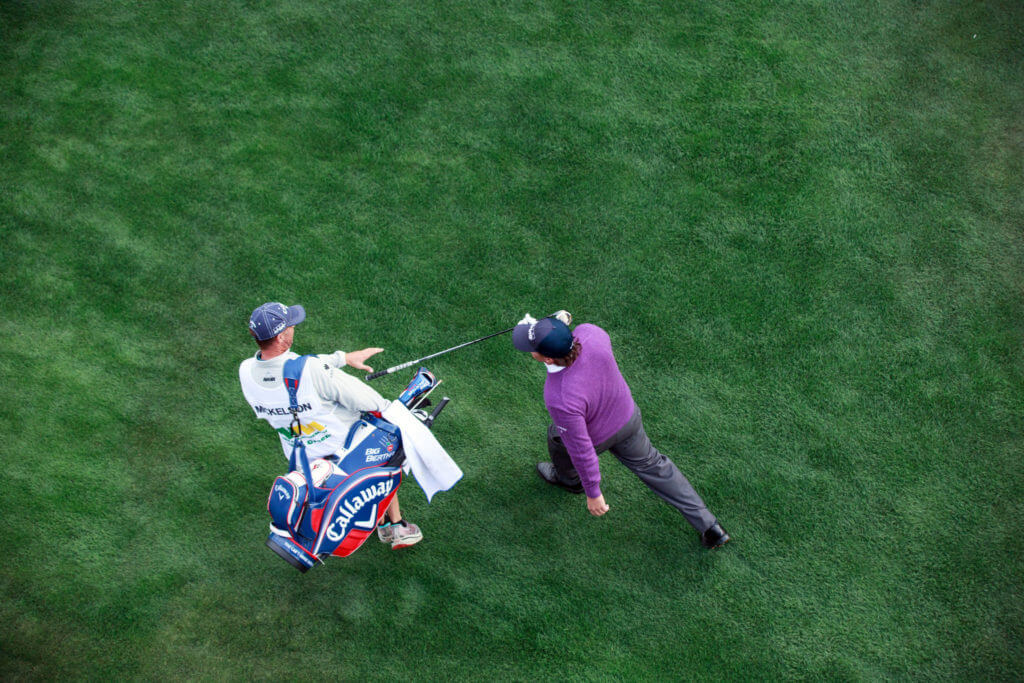
Mackay obviously made the wise choice – Mickelson won five majors and 41 PGA titles with him on the bag — allowing Bones constant viewing in a place few get to be: The U.S. Ryder Cup team room.
Here, longtime rivals Tiger Woods and Mickelson are exchanging good-natured barbs; Matt Kuchar is beating almost everybody in ping-pong; Michael Jordan is giving pep talks. Jordan Spieth and Justin Thomas are taking on leadership roles; Patrick Reed is talking smack; former captains Love and Tom Lehman are contemplating lineups. The late Payne Stewart was blaring “Born In The USA.” Couples is looking cool.
“To see the guys, who are trying to beat each other’s brains out 51 weeks of the year, come together and root for each other … the ping-pong matches … the conversations … I would go sit in a chair and just watch,” Mackay said. “I was so damn lucky to be there.”
Of course, it needs to be pointed out, caddies aren’t allowed in locker rooms on the PGA Tour, so the Ryder Cup always is a unique experience.
HOT READ: Caddies deserve better and these are the reasons why
Also, considering that since 1995 the U.S. had lost eight of the 10 Ryder Cups to Europe heading into the 2016 matches at Hazeltine, the U.S. team room wasn’t exactly a warm and fuzzy place.
“There was a lot of heat on those guys that week because they went through a pretty tough stretch,” Mackay said. “You could feel the stress; it was palpable. The elephant in the room was, ‘Can we just win a Ryder Cup?’”
Mackay endorsed the criticism his boss Mickelson leveled against captain Watson after the U.S. lost 16 ½-11 ½ at Gleneagles in 2014. Mickelson properly pointed out the players, who were taking the heat for the losses, weren’t involved enough in the process.
That led to a task force formed by the PGA of America that revamped the Ryder Cup, giving the American players more continuity and say in the choice of captains and their requirements for the week.
“What they did with the task force was absolutely essential,” Mackay said. “They (PGA) acknowledged the other guys (Europe) were doing things and taking things far more seriously than we were. That’s why we haven’t had a whole lot of success.”
The task force would only be considered a success if the Americans won at Hazeltine, which they did, 17-11. Otherwise …
“If we lost,” Mackay said, “the task force would have been a punch line.”
Mackay believes one of the major reasons the U.S. won at Hazeltine was because of a player who never hit a shot that week: Woods, who took on a vice-captain’s role.
“We had seen so little of him for a spell,” Mackay said. “He came back and was a massive force in the locker room. I thought that was cool how invested he was.”
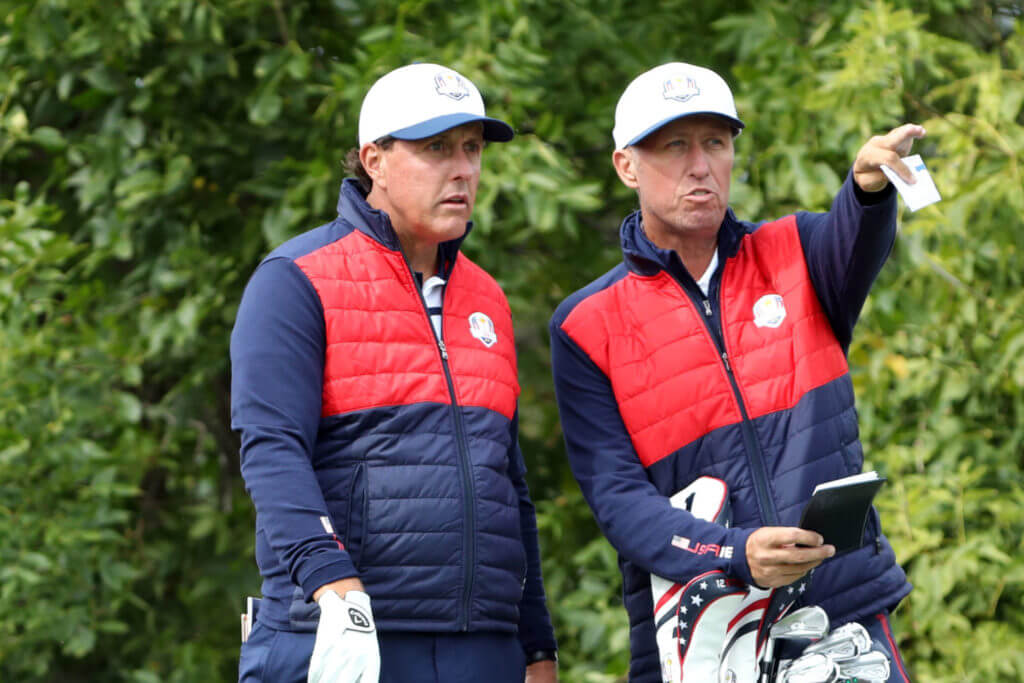
Other than taking Thomas’ bag for a week in Hawaii in January when Thomas’ regular caddie, Jimmy Johnson, was hurt, Mackay has walked the fairways this year with only a microphone in his hand.
Will the 53-year-old caddie again? “I have no idea,” said Mackay, who doesn’t want to say much else on the topic because he has a job. The successful double-knee replacement surgery he had in 2016 gives him that option.
Mackay was inducted into the Caddie Hall of Fame last fall, just three months after he and Mickelson parted ways. Administered by the Western Golf Association since 2011, the Hall of Fame highlights the traditions and importance of caddying by recognizing people who devoted their lives to golf through caddying or by supporting the roles of caddies.
Mackay joined an illustrious group that includes Jack Nicklaus, Watson, Chick Evans, Francis Ouimet, Gene Sarazen and the Murray Brothers.
WATCH: Damon Green talks about the time he ‘fired’ Hoch to work for Z. Johnson
“The Hall of Fame meant a lot to me,” Mackay said, “but what meant even more was the number of guys who showed up the night before a competitive round (at the BMW Championship).”
Mackay has seen the caddying business come a long way on the PGA Tour since he started making a living in 1990. They are asked to do much more than the three “ups” — show up, keep up and shut up.
“I would go to golf courses where they would have a big sign in front of the golf shop that said: ‘Public welcome, no caddies,’” Bones said. “I remember people wanting me to buy them a shirt at a tournament and I couldn’t because they wouldn’t let me in.”
Now, caddies are considered an essential part of a player’s success. That’s why the best caddies can make six figures in a week when their guy wins and several hundred thousand dollars for the year. The days of a caddie showing up just before a player’s tee time, hungover, are gone. Or the caddie soon will be.
“I certainly hope and think the perception of caddies has changed over the years,” Mackay said. “They are really professional people who take their jobs very seriously. You see the lengths guys go through to help their players, showing up at a course weeks before a tournament to try and save their man one shot.”
Say, with an 8-iron?



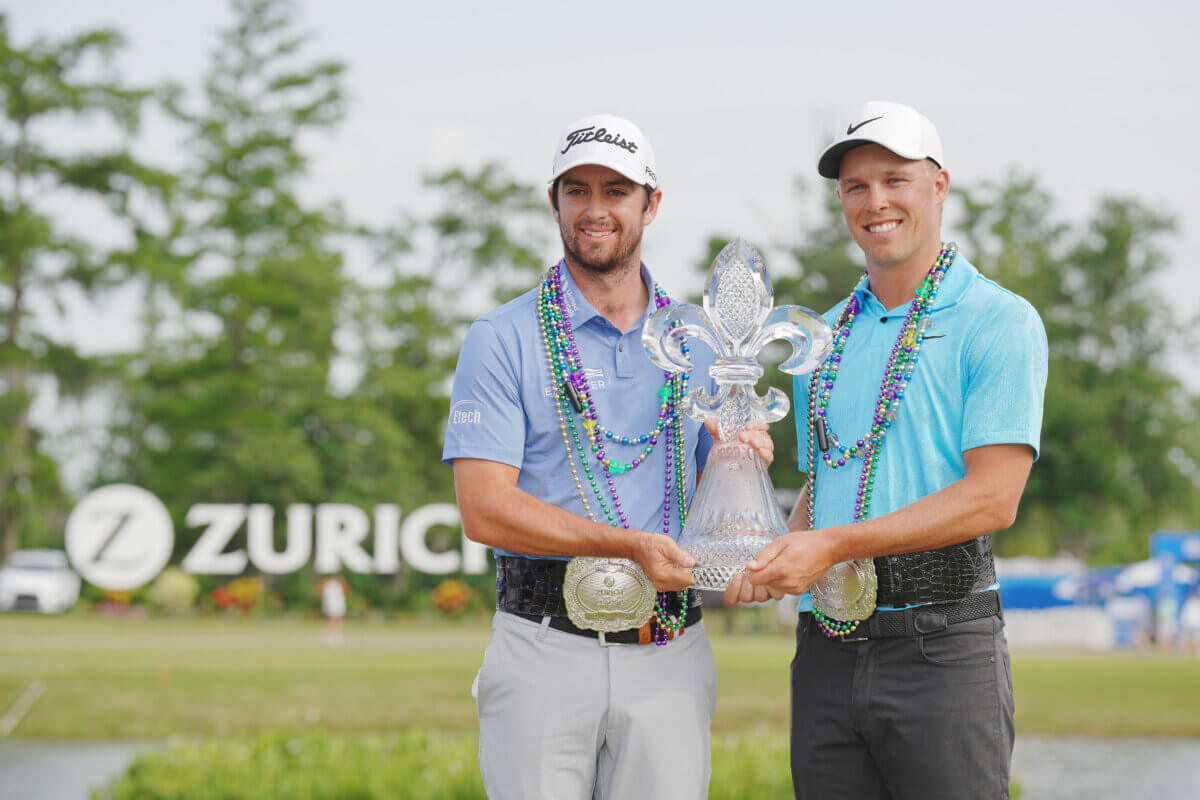
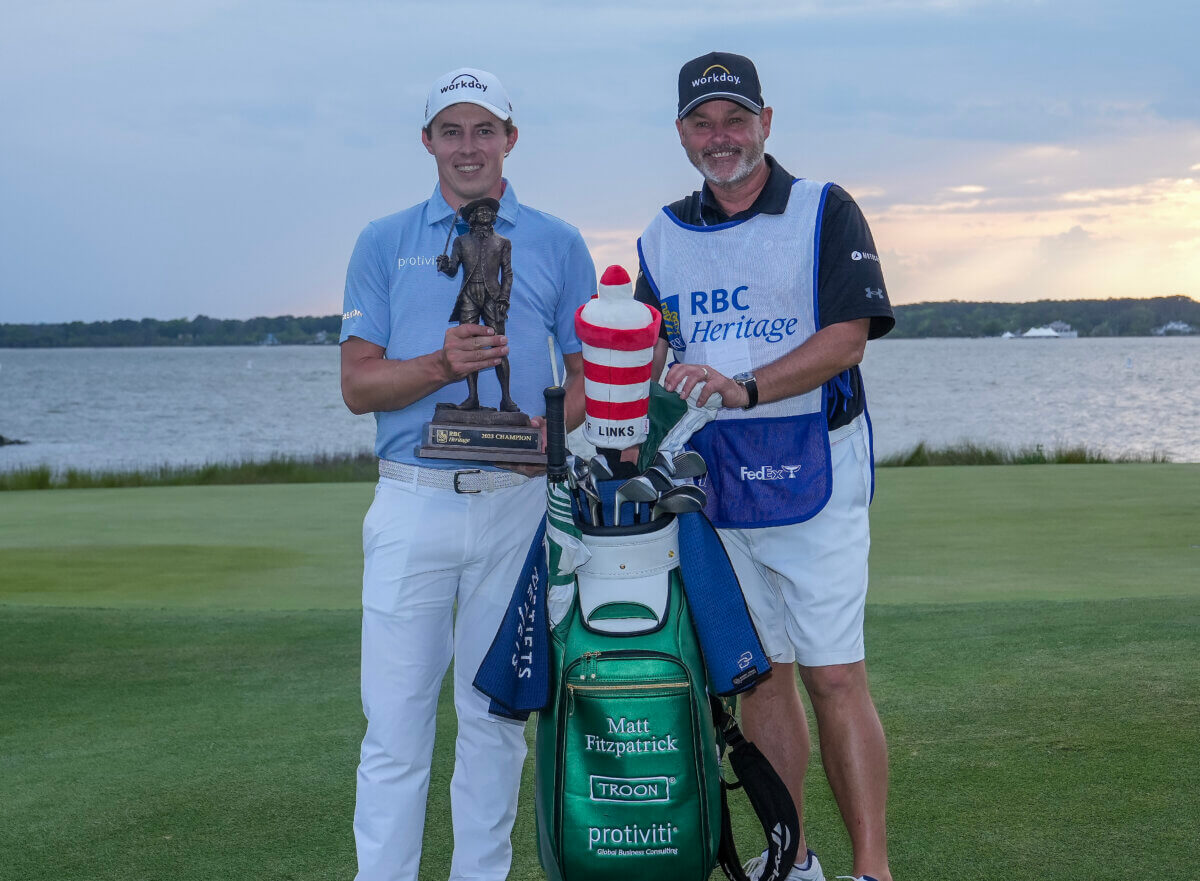
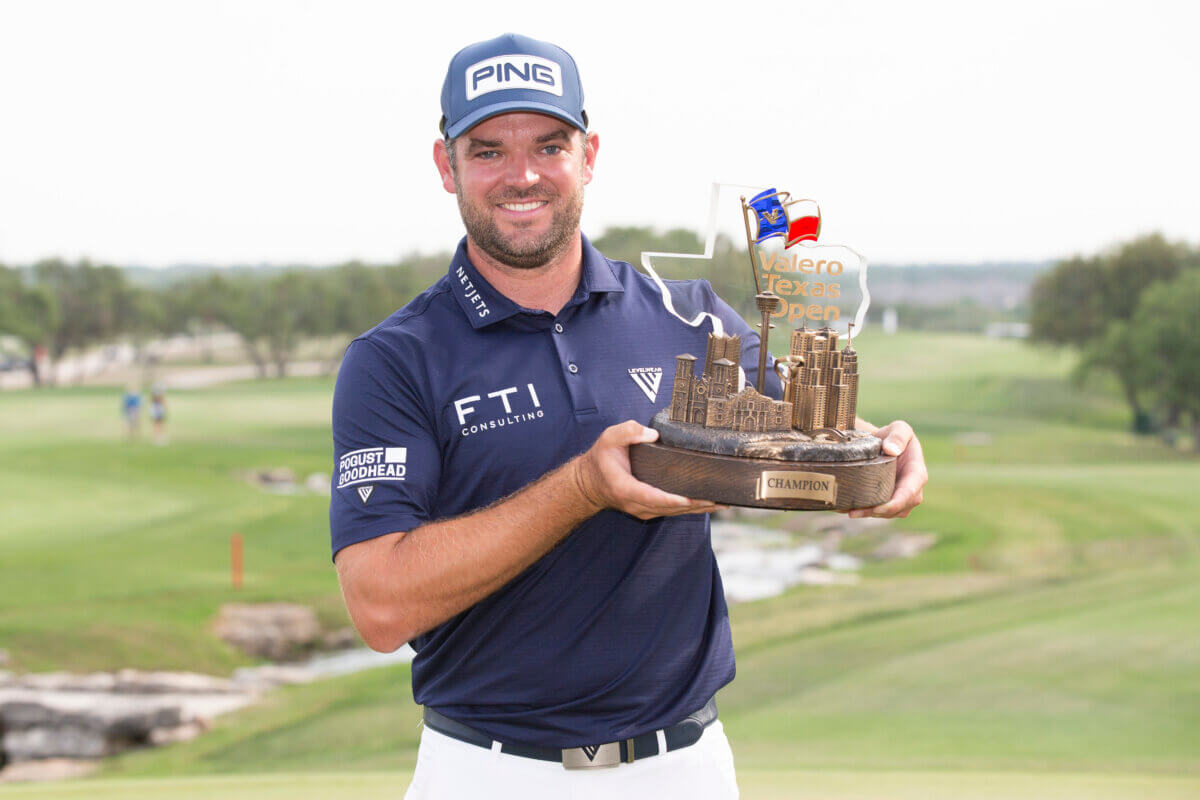
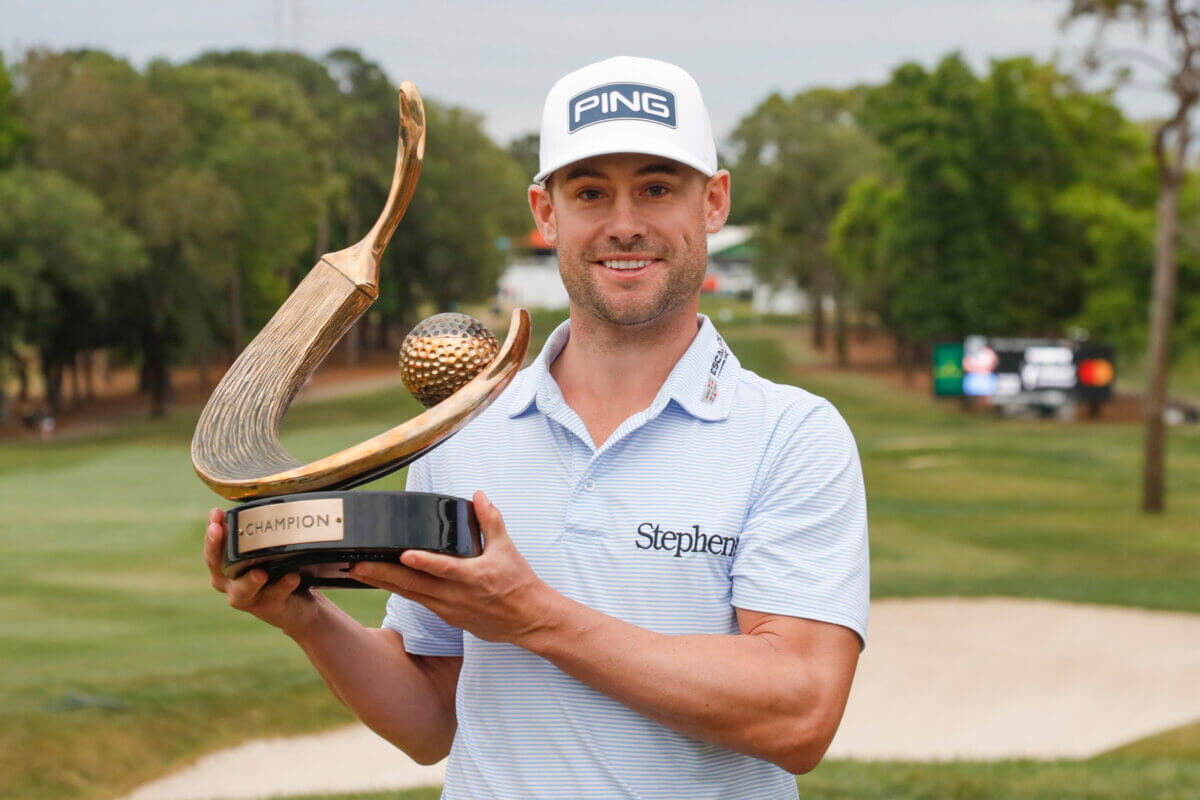
Bones is a terrific caddy and a class gentleman. Hope to hear his comments at the Ryder Cup.